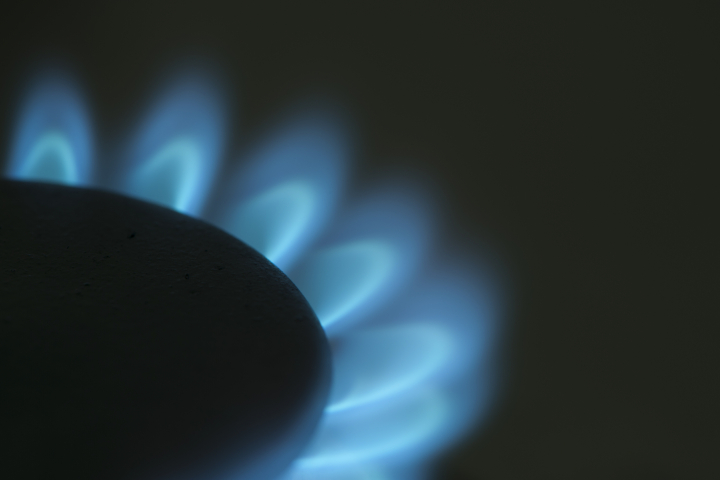

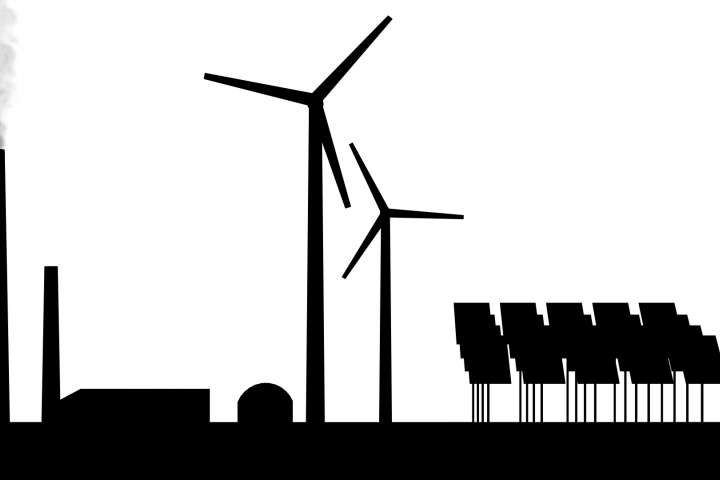
How European countries without nuclear power plants fare in the field of renewable energy
There is no operating nuclear power plant in the majority of European countries: 26 of 44 countries have no reactors. Within the EU, 14 of the 27 member states say no to nuclear: Ireland, Denmark...

The energy transition in Central and Eastern Europe
Energiaklub, in a cooperation with Metropolitan Research Institute and Mobilissimus, have prepared a report (business conversation paper) for The Prince of Wales’s Corporate Leaders Group (CLG) in the...
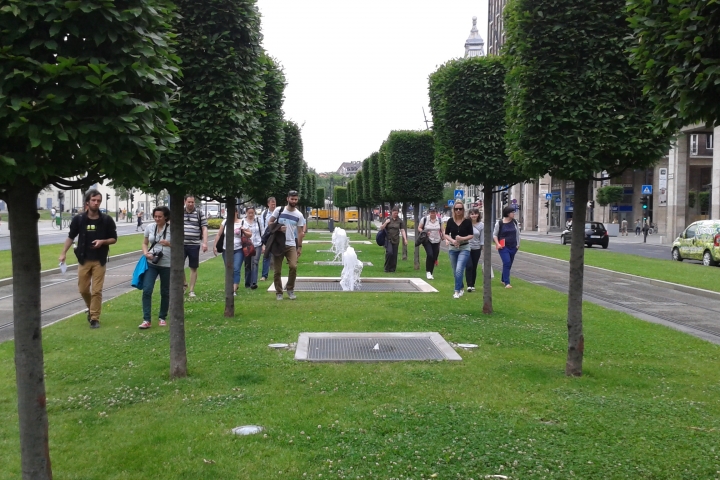
How are European cities planning to respond to climate change? Analysis of local climate plans from 885 urban areas in the EU-28
With the Paris Climate Agreement, national governments voted unanimously to respond to the threat of climate change by keeping a global temperature rise this century well below 2 degrees Celsius...
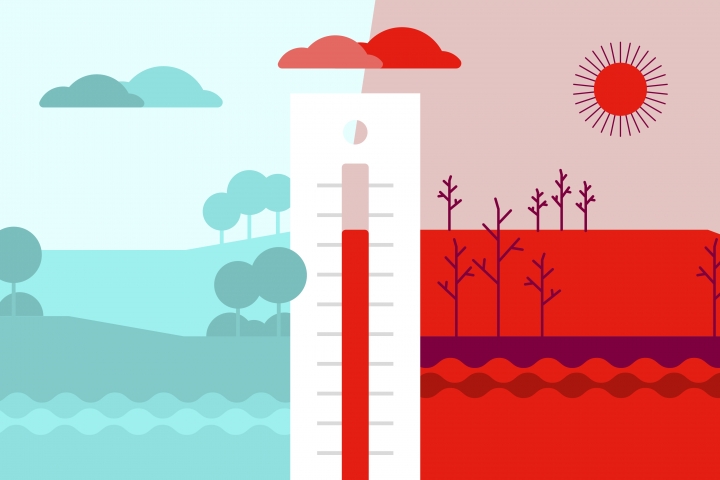
Disaster risk assessment in the Danube macro-region
SEERISK was a transnational EU funded project called "Joint Disaster Management - risk assessment and preparedness in the Danube macro-region" launched in 2012 and concluded in early 2015. The project...
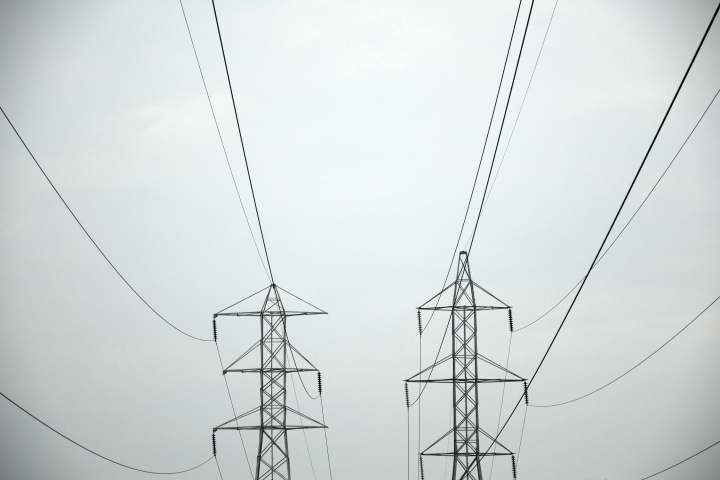
Energy Union: Key Decisions for the Realisation of a Fully Integrated Energy Market
The study, provided for the Directorate General for Internal Policies of the European Parliament, at the request of the ITRE Committee, gives an overview and analysis of the EU policies, measures and...

On the possible state aid for nuclear energy - Statement of the Energiaklub
Taking into account the whole lifecycle of nuclear energy, with special attention to ore grades, figures show that CO 2 emissions of nuclear can reach 210 g/kWh, while sustainable solutions produce...

MORE EFFICIENT HOMES – MACRO ECONOMIC IMPACTS (revised)
Energiaklub has decided to fill an important gap and carry out the research necessary to confirm the much anticipated positive impacts of a massive energy efficiency program and the vital measures...